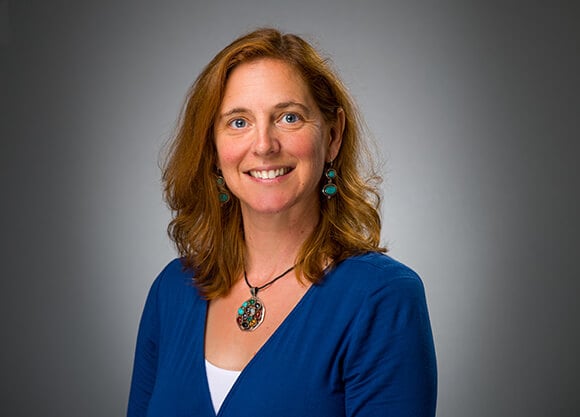
Professor sees our common humanity as a means of preventing a future event like 9/11
September 08, 2021

September 08, 2021

One of the most significant and influential essays of the last twenty years emerged in less than a year after the terrible attacks: Lila Abu-Lughod's "Do Muslim Women Really Need Saving? Anthropological Reflections on Cultural Relativism and Its Others," published in September 2002 in the American Anthropologist, the flagship journal of the discipline.
The essay by Professor Abu-Lughod captured so much of the ambivalence around our response to 9/11 — the need and desire to end terrorism, the concern for vulnerable peoples to have equitable access to resources, and for all humans to strive to be more understanding of one another. 9/11 happened because the US represented something negative to a small yet mobilized group of people. Would it be possible for us to avoid and prevent future 9/11s if we could see ourselves in others, if all peoples on this planet realized our species being, our common humanity?
My hope is that 9/11, when studied in the future by my discipline, will be remembered for the tragic loss of life, the harm done to numerous communities, the voluntary service of so many young women and men who didn't think twice about joining the military, and the fact that the tragic events of that day were completely avoidable. Humans are capable of so much, yet we resort to grotesque acts of hate and harm. We are so much better than this, we need to be better than this.
If my discipline can play a small role in helping to erode the misunderstandings, the gross stereotypes, the harmful assumptions we make about our fellow beings, that will be the greatest tribute we can offer to those who lost their lives twenty years ago, and to the numerous service members and civilians who suffered in the wars that followed.
Quinnipiac Today is your source for what's happening throughout #BobcatNation. Sign up for our weekly email newsletter to be among the first to know about news, events and members of our Bobcat family who are making a positive difference in our world.
Sign Up Now